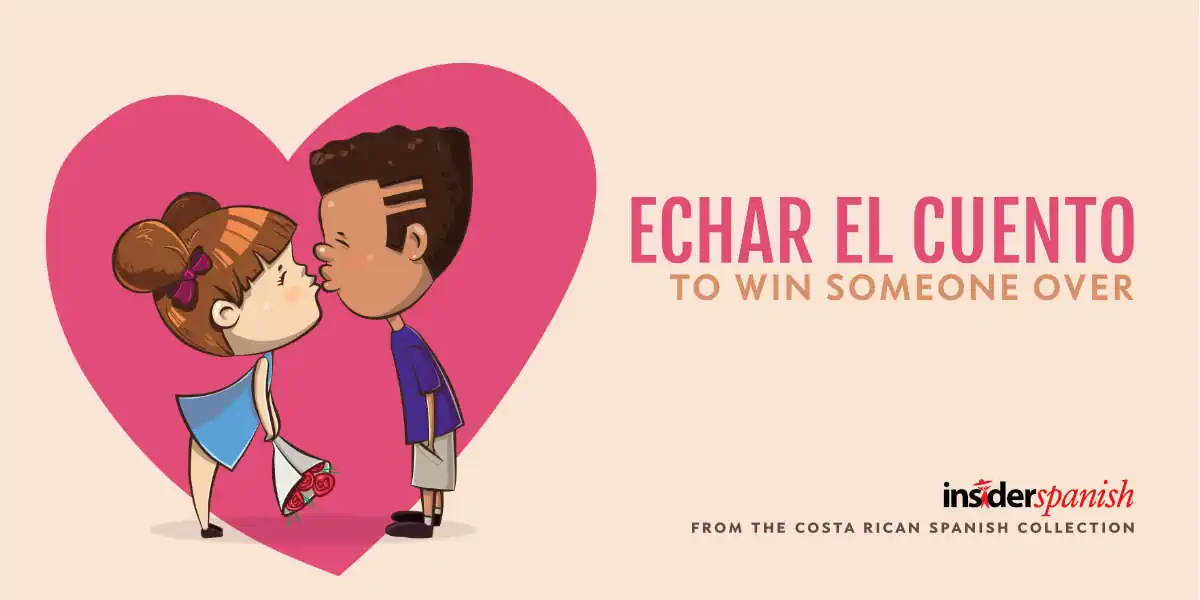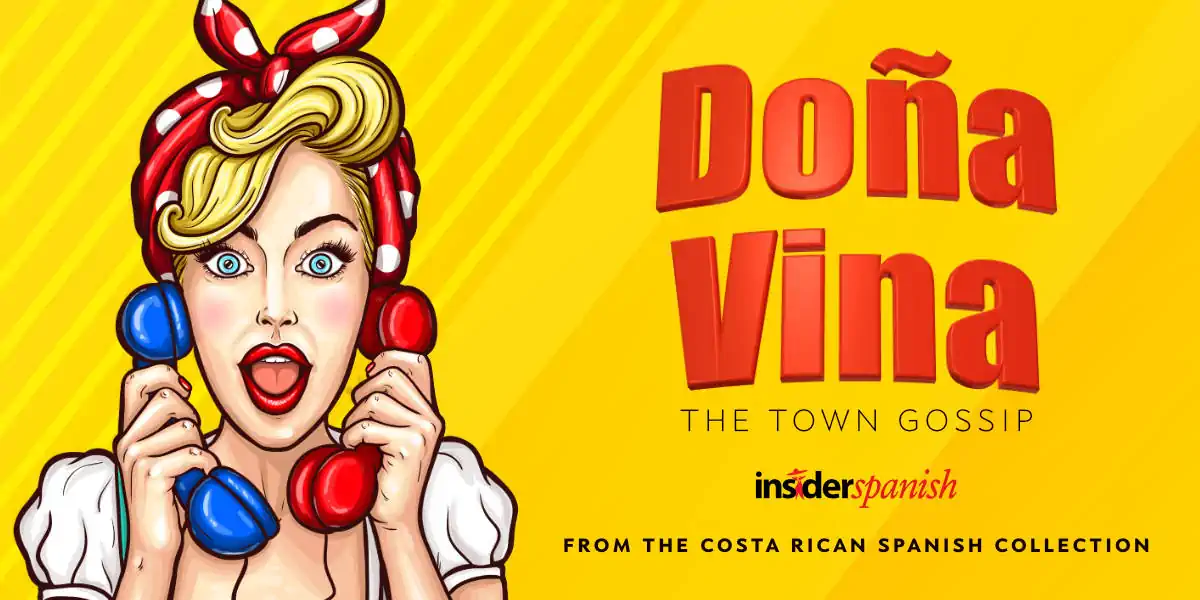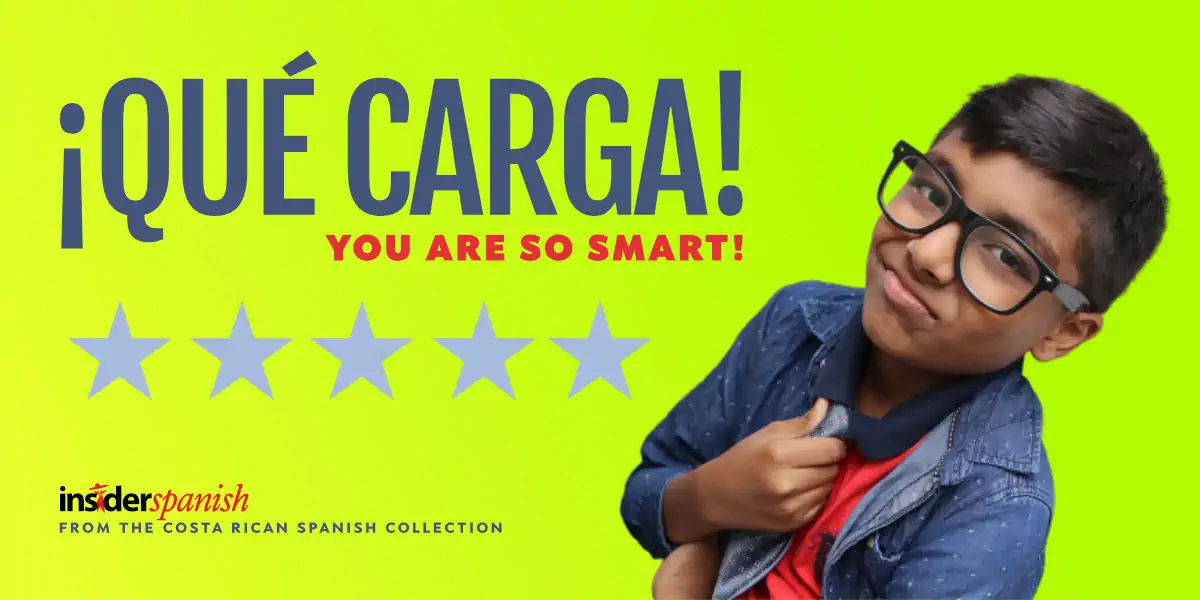Costa Rican Spanish: Speak like a Native! | Official Page
How can you discover the way Costa Ricans really speak Spanish? Delve into this easy-to-read guide to tailor your Spanish to how it is spoken locally.
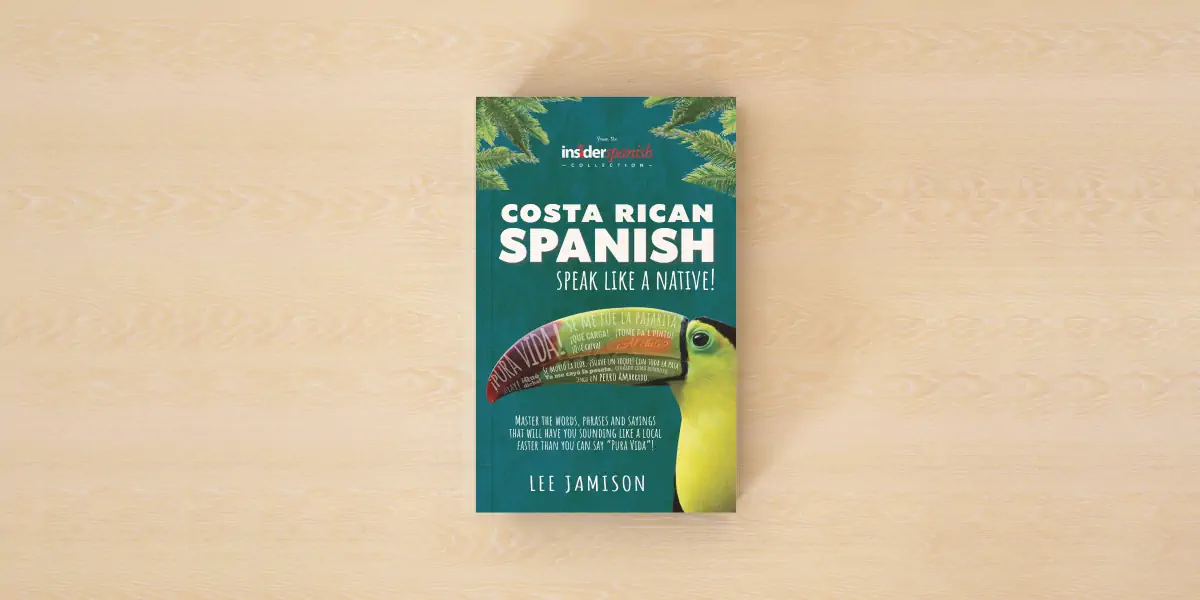
Don’t settle for generic Spanish
PUT AWAY the stale phrasebooks and learn to speak just like the natives! Join us as we explore the most common expressions in Costa Rica. Does a CHORICERO sell sausage? If someone says to you ¡QUÉ CAMOTE!, is he vegan? Discover the real meaning behind the words. Make friends and save money at the market.
The Insider Spanish series of books have sold thousands of copies the world over. Our guidebooks are not meant to teach you basic Spanish, but rather to tailor your Spanish to the spoken idiosyncrasies of each Spanish-speaking country.
Start speaking like the natives
This 104-page, richly-illustrated volume walks you through more than 200 words, idioms, and sayings that only Costa Ricans understand. Even Spanish-speakers from other Latin countries are baffled by some of the local lingo. Costa Rican Spanish: Speak like a Native! will demystify the language and allow you to communicate more effectively with locals, especially in informal conversations.
⏳ Some Costa Rican words
One of the first words you may learn is tico. Costa Ricans have adopted this term as a nickname for themselves. The origin? It comes from their propensity to use this diminutive form in the local Spanish. For example, instead of saying un momentito, that is, one moment, their preferred form is un momentico. That tico ended is the source of the moniker. And that’s just the beginning. Here are some other Costa Rican words explained in this colorful volume:
- boli
- brete
- camanance
- cumiche
- feria
- galleta
- garupa
- jupa
- macho
- polaco
- and many, many more!
🥥 Costa Rican idioms cracked
An idiom is a group of words that–together–take on a meaning of their own. For example, to break the ice in reality has nothing to do with ice of with breakage of any kind. As a group it means to start a conversation. Costa Rican Spanish idioms likewise can throw you for a loop.
For example, a tico might say of a third person: Le patina el coco. This literally means that the coconut is slipping on him. Coconut slipping? Here’s the key to undestandiing this idiom: Costa Ricans humorously refer to their heads as coconuts. If a person’s figurative coconut is said to be slipping, it means that he isn’t using his head very well. English speakers in this context might say: He’s not playing with a full deck. You get the idea. So take care of that coconut while you discover the meaning of the following idioms as you read the book:
- como un ajito
- a medio palo
- arroz con mango
- cerrado como bombillo
- pedir cacao
- echar el cuento
- Se murió la flor.
- and many others.
🐶 Costa Rican sayings unwrapped
Sayings often are the embodiment of pearls of wisdom. Even if you were to understand the literal meaning of the words, the significance of the saying would likely elude you.
For example, a Costa Rican might say to you one day: Tengo un perro amarrado. This literally means: I have my dog tied up. Why should you care if Fido if leashed or not? In Costa Rican Spanish, this means that the person is in debt. What do debts and dogs have in common? This is where a little local history and culture unlock the meaning.
Travelling salesmen often visited locals door-to-door and offered them goods on credit. The salesman would return to collect each customer’s installment payment. But those who wished to evade paying had a trick up their sleeve. They would leave a mean dog tied up just outside the door. Now it would be difficult for the poor salesman to collect what was owed. Doggonit!
The good thing is that you won’t have to tie up any animals to unpack the meaning of some of the following Costa Rican sayings:
- Mucho rinrin, y nada de helados.
- Pásame el cerrucho, a ver si me hago cosquillas.
- Si no hay perro, con gato se montea.
📖 Get your copy today
Costa Rican Spanish:Speak like a Native! is available on Amazon and at other local retailers.
#Ad
Get the Ultimate Guide to Costa Rican Spanish!
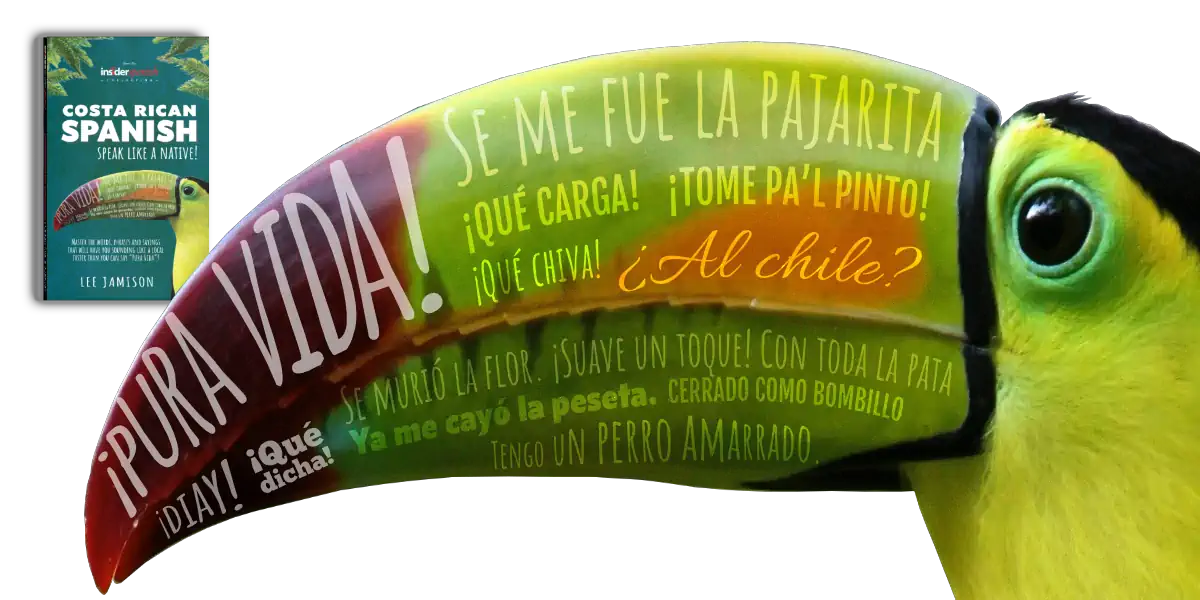
DON'T SETTLE for generic Spanish! Put away the stale phrasebooks and learn to speak just like the natives! Join us as we explore the most common expressions in Costa Rica. Does a CHORICERO sell sausage? If someone says to you ¡QUÉ CAMOTE!, is he vegan? Discover the real meaning behind the words. Make friends and save money at the market. Start learning Spanish…one country at a time. The Insider Spanish series of books have sold thousands of copies the world over. Our guidebooks are not meant to teach you basic Spanish, but rather to tailor your Spanish to the spoken idiosyncrasies of each Spanish-speaking country. Get your copy today! Available in print and Kindle versions.

